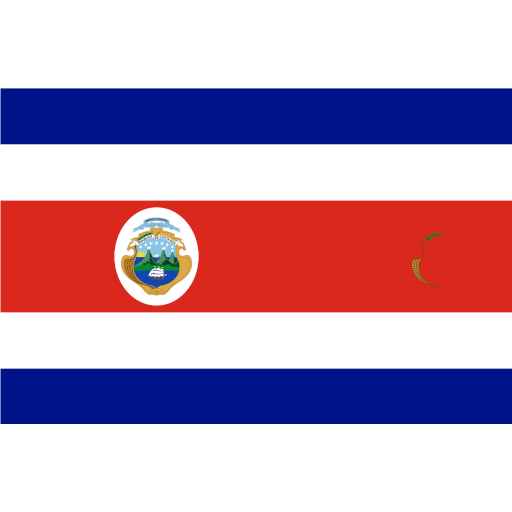National Insurance Institute (NII) – As its acronym in Spanish (INS)
It is a state institution of Costa Rica that offers insurance and services at a national and international level and promotes the prevention of risks for work, home, and vehicle traffic.
¿What type of insurance does the NII offer?
It offers a wide variety of insurance to meet different needs.
Some of the main types of insurance they offer:
I. Insurance for Individuals:
• Health Insurance: Includes coverage for medical expenses, hospitalization, medical consultations, medications, and emergencies during trips abroad.
• Life Insurance: Provides financial protection to beneficiaries during the insured's death.
• Motor Insurance: Covers damage to vehicles, civil liability, and roadside assistance.
• Home Insurance: Protects against property damage, including fire, theft, and natural disasters.
II. Business Insurance:
• Worker's Risk Insurance: Covers work accidents and occupational diseases.
• Civil Liability Insurance: Protects companies against claims for damages to third parties.
• Transport Insurance: Covers goods during transport, both nationally and internationally.
III. Other Insurance:
• Travel Insurance: Covers medical emergencies, trip cancellations, and loss of luggage.
• Pet Insurance: Provides coverage for veterinary expenses and other pet-related services.
See: https://www.grupoins.com/
Work Contracts
An employment contract in Costa Rica, as in many other legal systems, is characterized by the presence of three essential elements that define and differentiate the labor relationship from other forms of contracting:
I. Personal provision of the service: This means that the work must be performed solely and exclusively by the hired worker and not by another person. The worker will always be a physical person.
II. Salary or remuneration: This is the sum of money the worker receives from the employer in exchange for their work.
III. Subordination: This is when the worker is subordinate to the employer (physical or legal) who receives the services and pays for them.
¿Is there a difference between a contract for professional services and an employment contract?
There is a big difference, which is determined by the three elements of the employment contract, especially “subordination.”
Only when these three elements exist can it be said that there is an employment contract? It must be analyzed whether the worker is subordinate to the employer, that is, whether the employer gives orders, tells the employer how to do the work, whether sanctions can be applied, etc.
However, if the worker fulfills the obligation to provide a service at the time and in the manner desired, without being subject to disciplinary sanctions, if the errors committed are their own, then it is a contract for professional services, and there is no employment contract.
¿How are employment contracts classified?
If the contract affects only one worker, it is called an individual contract, but if it involves several workers, it is called a collective employment contract.
The most important classification in practice is the one made according to the duration of the employment contract:
I. Contracts for a defined period:
a. Fixed-term contracts because they have a termination period set in advance.
b. Contracts for a specific work because the services are contracted to complete a particular job.
II. Contracts for an indefinite or undetermined period.
¿What is an open-ended and defined-term employment contract?
Contracts are established as open-ended contracts if the services provided are limited.
However, if the causes that gave rise to it persist after the end of the term or if the nature of the services is permanent, it will be considered an open-ended contract.
A fixed-term contract cannot be used to carry out permanent work for the company except when it involves another worker's permits, vacations, or licenses.
¿Is it necessary for the employment contract to be written?
Yes, it is, except in agricultural and livestock work and occasional or temporary work that does not exceed ninety days, in which case the contract may be verbal.
In any case, the existence of a contract is presumed when someone provides services or performs work and another receives them in exchange for payment of a salary. Still, for legal security, the Labor Code generally indicates a written contract.
¿What may be the causes for terminating or concluding an employment contract?
There may be several reasons for terminating an employment relationship:
I. Because the employment contract states.
II. Due to the employee's pension, retirement, or death.
III. Due to the employee's resignation.
IV. For dismissal by the employer:
• With employer responsibility.
• Without employer liability
V. By agreement of the parties (employer and employee).
VI. For serious breach of the employer's obligations.
See: https://jadelrio.com/storage/Boletines/CostaRica/FlashNews23CR/Contrato-de-Trabajo.pdf
The content of this bulletin is for informational purposes only, for which reason you may not use it under any circumstances for advisory services regarding the subject matter described therein. If you need advisory services for any of the issues discussed, our team of professionals will be happy to assist you. contacto@jadelrio.com



















